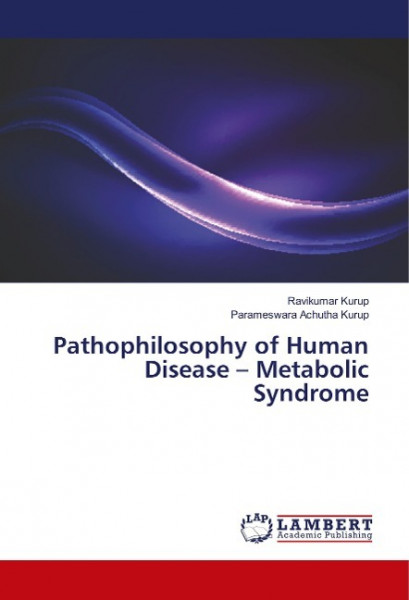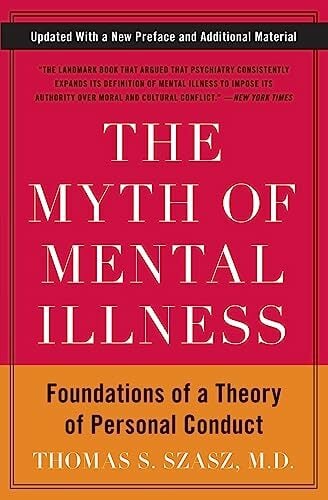
Pathophilosophy of Human Disease - Metabolic Syndrome
Kurzinformation
inkl. MwSt. Versandinformationen
Artikel zZt. nicht lieferbar
Artikel zZt. nicht lieferbar

Beschreibung
Modern civilization results in stress in societies leading to increased activation of the HPA axis leading to increased secretion of stress hormones the catecholamines producing increase in sympathetic tone. The increase in sympathetic tone leads to increase in stress hormones epinephrine and norepinephrine producing breeching of the gut blood barrier. This leads to decrease in mucin secretion lining the gut wall and inflammatory changes in the colonic mucosa. Modern civilization results in changes in dietary habits leading to less consumption of fibre and more intake of protein and fat. This leads to increased colonic archaeal growth and archaeal endosymbiosis. The endosymbiotic archaeal growth leads to a new neanderthalic phenotype as a stress adaptation syndrome. The archaeal endosymbiosis leads to the induction of a new metabolic phenotype with mitochondrial dysfunction and anaerobic glycolysis- the Warburg phenotype. The Warburg phenotype that is induced by archaeal endosymbiosis leads to metabolic syndrome x. von Kurup, Ravikumar
Produktdetails

So garantieren wir Dir zu jeder Zeit Premiumqualität.
Über den Autor
Dr Ravikumar Kurup is the Director of the Metabolic Disorders Research Centre, Trivandrum. His areas of interest are Cognitive Neurology and Molecular Pathology.

- paperback
- 184 Seiten
- Erschienen 2011
- Springer

- hardcover -
- Erschienen 2000
- Perspectives Pr

- hardcover
- 1810 Seiten
- Erschienen 2013
- Mosby

- paperback
- 430 Seiten
- Erschienen 2012
- Routledge

- hardcover
- 682 Seiten
- Erschienen 1977
- Elsevier Science Ltd

- Hardcover -
- Erschienen 2010
- Springer

- paperback
- 356 Seiten
- Erschienen 1992
- Springer-Verlag

- hardcover
- 688 Seiten
- Erschienen 2017
- Wiley

- Kartoniert
- 432 Seiten
- Erschienen 2018
- Urban & Fischer Verlag/Else...

- paperback -
- Erschienen 2009
- Mosby Inc

- hardcover
- 541 Seiten
- Erschienen 2008
- CRC Press Inc






























![Pathology [Paperback] [Jan 01, 2015] Harsh Mohan [Paperback] [Jan 01, 2017] Harsh Mohan Pathology [Paperback] [Jan 01, 2015] Harsh Mohan [Paperback] [Jan 01, 2017] Harsh Mohan](https://d3k2uuz9r025mk.cloudfront.net/media/image/c5/3b/71/1746192967_462841501965.jpg)


